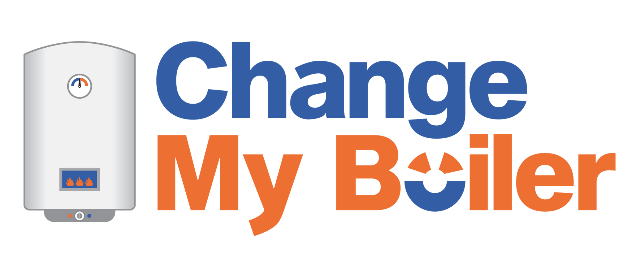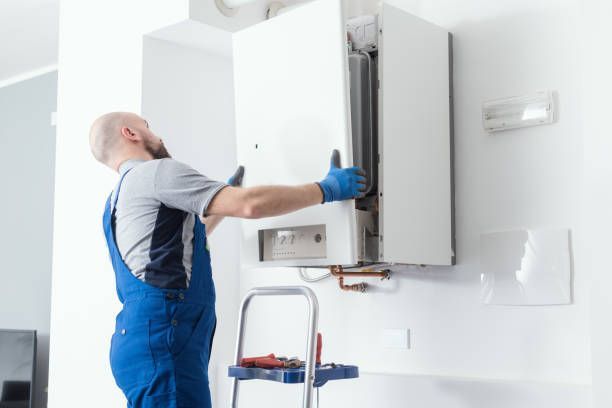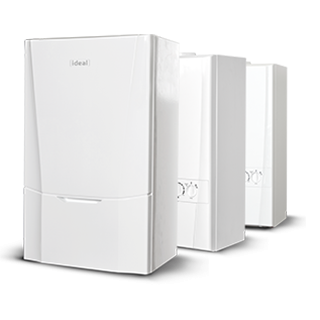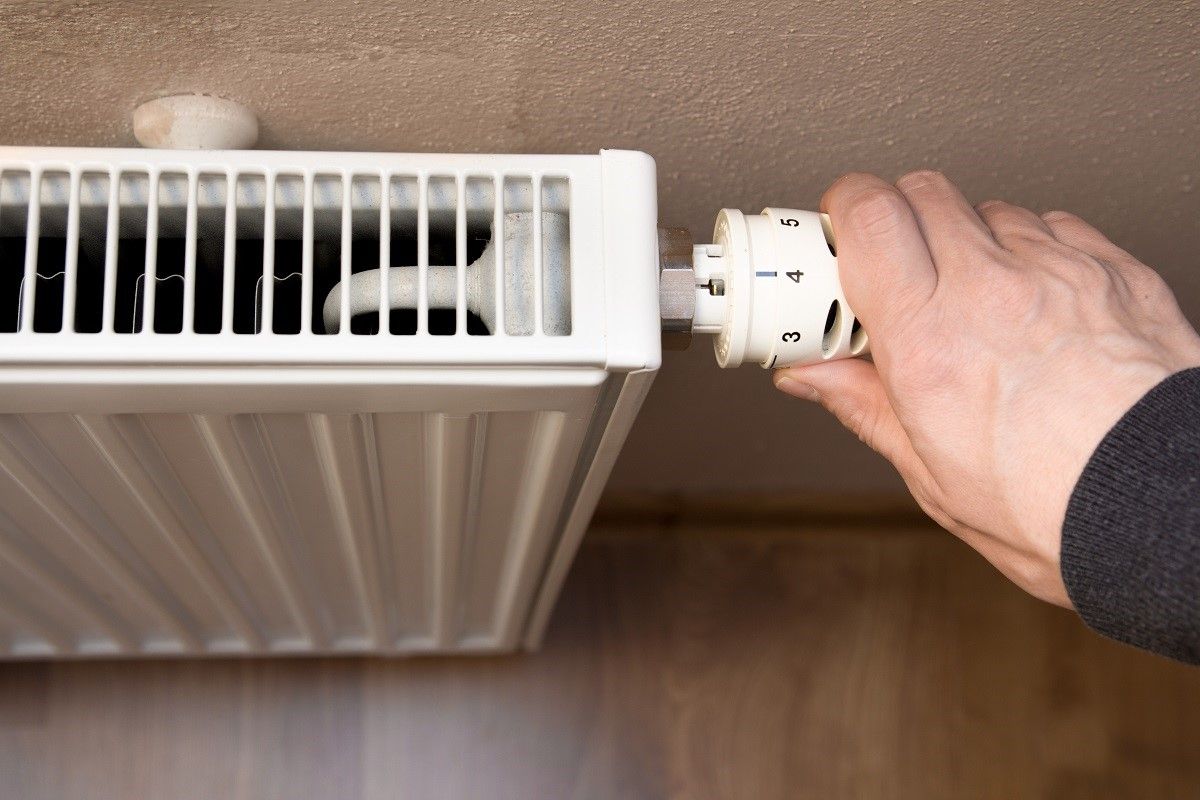Choosing the right size gas boiler
Choosing the right size gas boiler is crucial to ensure that your home is adequately heated without wasting energy or overspending on heating bills.
The size of the boiler you need depends on several factors, including the size of your home, insulation levels, the number of occupants, and your hot water requirements. Here's a general guideline to help you determine the appropriate boiler size:
Calculate the Heat Load: The heat load is the amount of heat your home requires to maintain a comfortable indoor temperature during the coldest winter days. It's typically measured in British Thermal Units per hour (BTU/h) or kilowatts (kW). You can calculate the heat load by considering factors such as:
- The square footage of your home.
- The insulation quality and levels in your home (well-insulated homes require less heat).
- The outdoor temperature extremes in your region.
- The number and type of windows and doors in your home.
- The presence of additional heat sources (e.g., a fireplace).
Consult a Professional: While you can make rough calculations on your own, it's highly recommended to consult a professional HVAC technician or a boiler installer. They can perform a detailed heat load calculation specific to your home and heating needs. This calculation ensures that you choose the right-sized boiler for optimal efficiency.
Select the Boiler Size: Once you have the heat load calculation, you can choose a boiler with an output capacity that matches or slightly exceeds the calculated heat load. Boiler sizes are typically measured in kilowatts (kW) or British Thermal Units per hour (BTU/h). Be sure to consider the following:
Boiler oversizing: Avoid significantly oversized boilers, as they may short-cycle (turn on and off frequently), leading to reduced efficiency and increased wear and tear.
Hot water requirements: If your boiler also provides hot water for showers and taps, factor in your hot water needs when selecting the boiler size.
Consider Modulating and Condensing Boilers: Modern modulating and condensing boilers can adjust their output to match the heating load, increasing efficiency. These boilers can be a good choice to ensure efficient operation, even during milder weather when less heat is needed.
Warranty and Efficiency: Check the warranty and efficiency ratings of the boiler models you're considering. A more efficient boiler may have a higher upfront cost but can save you money on energy bills over time.
Local Climate: Consider your local climate when sizing the boiler. Colder climates may require larger boilers to handle more substantial heating demands.
Future Changes: Think about any planned renovations or changes in your home's insulation levels, as these can affect your heating load in the future.
It's essential to have a professional perform a heat load calculation and provide recommendations based on your specific circumstances. Choosing the right-sized boiler ensures that your home stays comfortable, energy-efficient, and cost-effective to heat. Additionally, working with a qualified HVAC technician can help you select a boiler that complies with local building codes and regulations.
You might also like

The region's leading professional gas boiler replacement service.
Menu
Working hours
- Mon - Wed
- -
- Thu - Sat
- -
- Sunday
- -
2023 © Change My Boiler. All Rights Reserved. Privacy Policy


